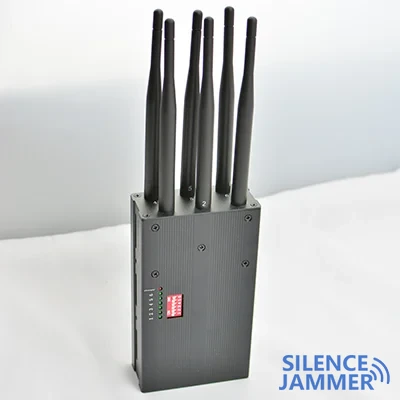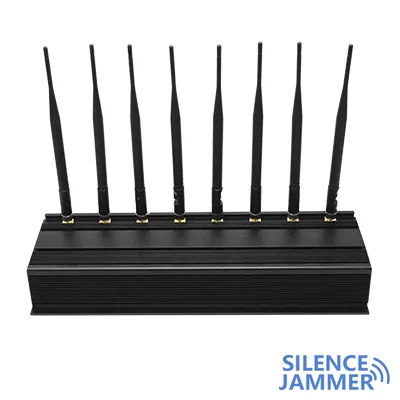Crime in Brazil is Surge
As the third largest prison population in the world, Brazil faces huge challenges in combating crime in prisons. With a total of 726,000 incarcerated people, prisons are densely distributed around city centers, making signal blocking more difficult to implement because it may affect the normal communications of surrounding residents.

Unique Prison Cell Phone Blocker Solution in Costa Rica
Similar to Brazil, most prisons in Costa Rica are close to city centers, and how to block cellular signals in prisons without affecting surrounding residents has become a major challenge. Brazil’s Neger Telecom has provided a successful solution to this problem, effectively implementing signal blocking in 23 prisons in São Paulo. The company uses a combination of small antennas and signal jammers to ensure that signal blocking is limited to the prison interior.
Costa Rica learns from Brazil about signal jamming in prisons

What Costa Rica and Brazil have in common
Traditional signal blocking techniques are usually applied to sparsely populated areas, such as parts of Asia, Europe, and the United States. However, in Latin America, simple signal blocking methods are not applicable because prisons are close to urban centers. Therefore, Brazil has developed a technical solution suitable for urban environments. The core of this technology is the precise positioning of small antennas, which limits signal jamming to the prison area and avoids interference with normal communications in the surrounding community.
Differences between Costa Rica and Brazilian operators
| Cost and responsibility division of prison signal blocking | In Brazil, the government bears the cost of signal blocking, and operators such as Claro, Telefónica and Vivo actively cooperate with the technical part of signal blocking, but are not responsible for paying for the equipment. |
| In Costa Rica, relevant legislation proposes that operators should bear the responsibility for blocking communications in prisons. Under the proposed law, operators who fail to fulfill their signal blocking obligations will face fines ranging from 0.5% to 1% of their total revenue in the previous fiscal year. |
In summary, Costa Rica can learn from Brazil's experience on how to effectively implement signal blocking, especially in densely populated urban areas, while ensuring an effective combination of legal and technical frameworks. However, how to coordinate the participation of operators and solve funding issues will be the key to the successful promotion of this solution.




